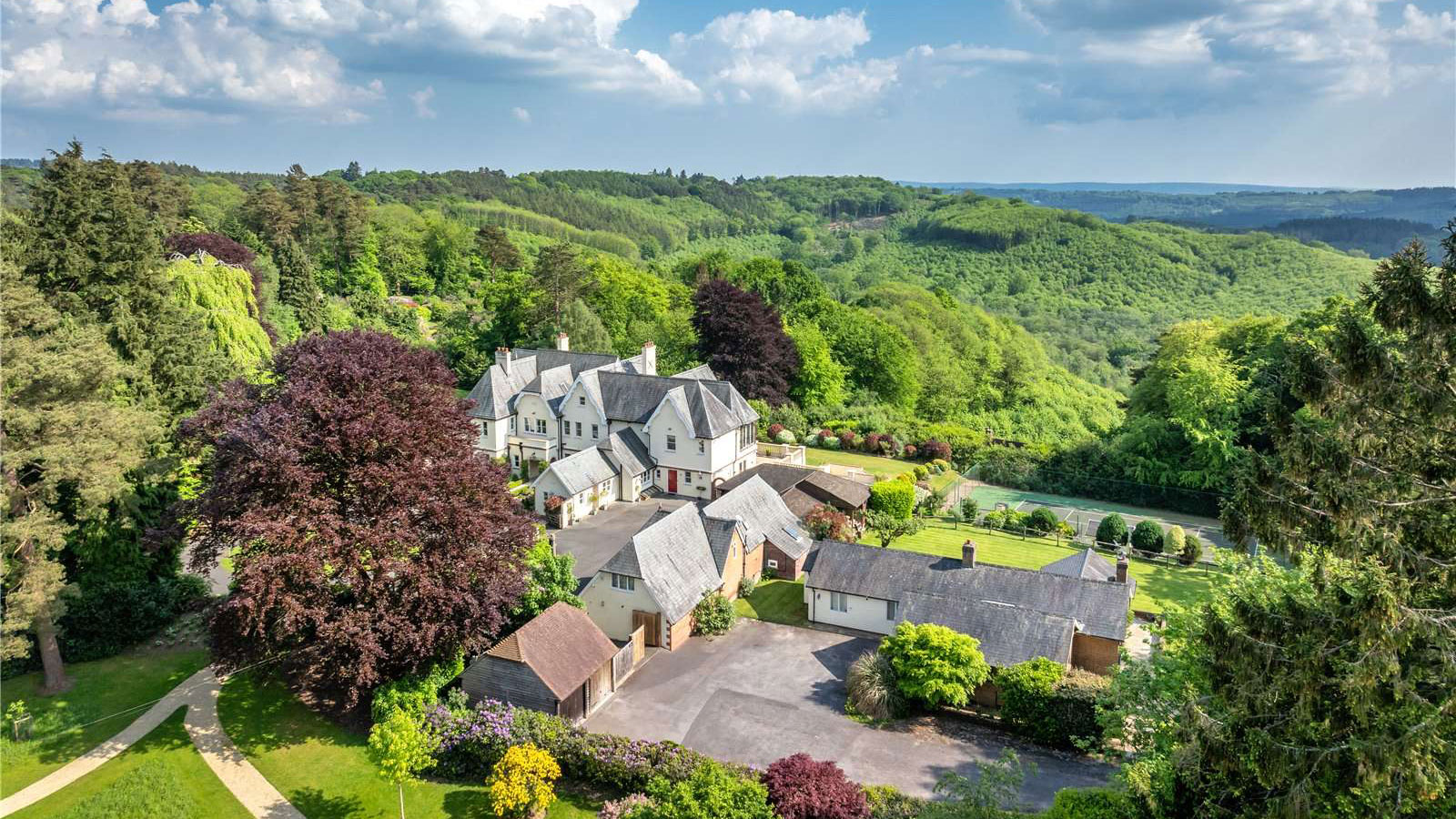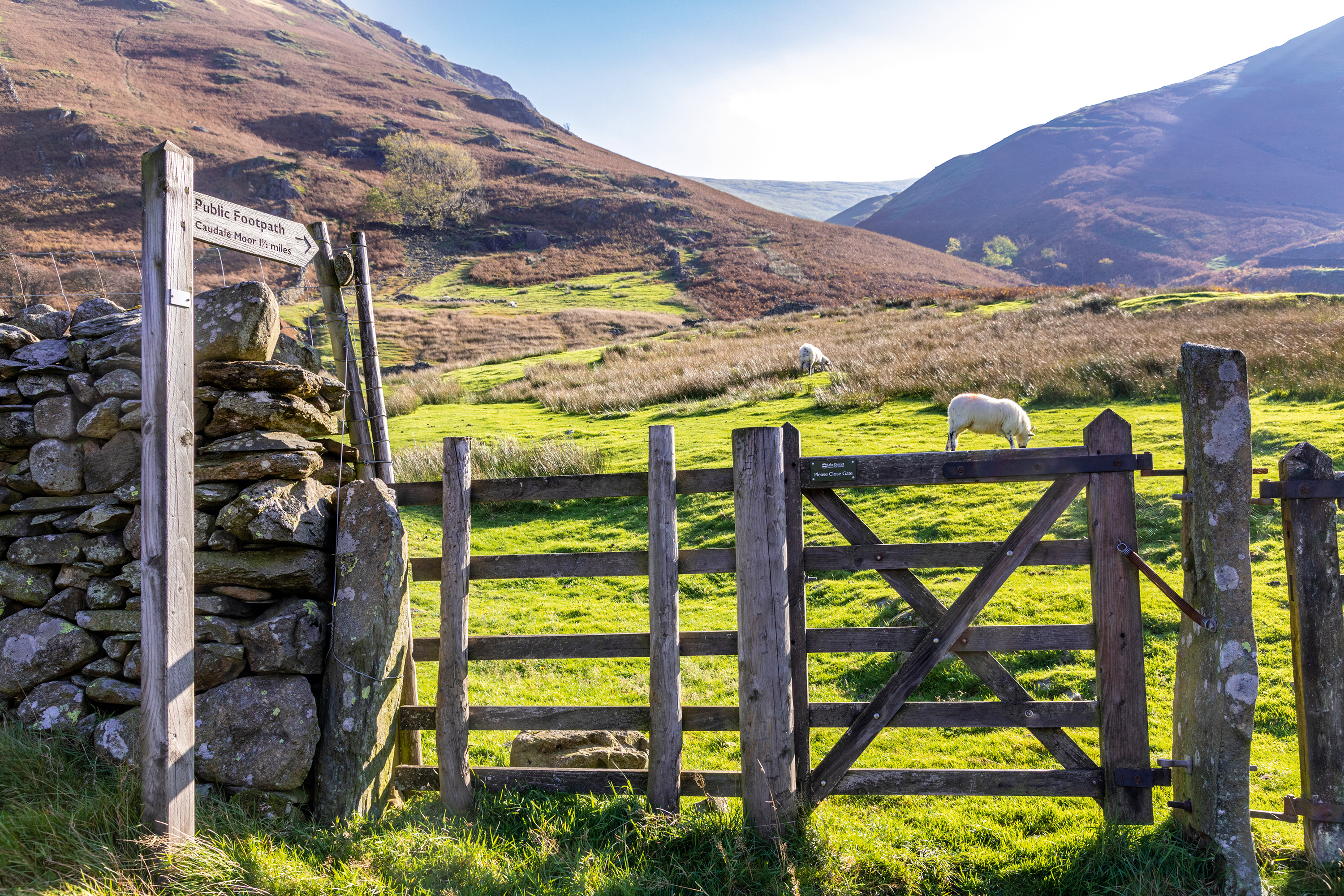Spectator: Saving the local church
Even if you don’t necessarily subscribe to the Christian creation story, keeping your local parish church alive is crucial for every community

Some weeks ago, a startling letter was delivered to us inviting all parishioners to attend a meeting at the church it was going to close unless urgent action could be taken.
Nobody thinks the Church of England (CofE) is oversubscribed, but I had no idea that our church was in imminent danger. It's true that, the last time I went, one of the village chiefs had turned to me from the pew in front and said: ‘It's up to people like you to save this church.' ‘Me?' I gasped. ‘I don't even know if I believe in God!' ‘Well, none of us knows that,' she retorted. I hadn't realised.
I'm not proud of the fact that I fall into the Christmas and Easter category-frowned upon in my childhood-with a scattering of services in between. I go because I like seeing our neighbours and catching up on news. I like spending an hour in a pew when I could be peeling potatoes. I don't go because I'm not sure I believe in God and I'm no longer trying to meet families with child-ren who might befriend ours. My husband wanted our children to have some experience of church and religion on the basis that, without it, you might not know what you're missing-otherwise called keeping your options open.
A couple of weeks later, about 40 of us sat in the pews waiting for our engagingly energetic vicar to explain the situation, which was indeed dire. There was enough money to keep the church going for two more months. To open the discussion, we were asked ‘What does the church mean to you?'. The answers were, broadly, it's a focal point for the village, it's been here a long time, we have family memories of births, deaths and weddings and we don't want it turned into a block of flats. Had the question been ‘Why do you come to church?', there might have been more mention of God, but I'm not sure that's relevant.
Onto the future, and how could we breath life into the place? Rip out the pews and turn it into a village hall (which we don't have), add a kitchen and have concerts and playgroups (no money for this), improve the heating? All good suggestions, but the meeting then began to focus on why we're in such dire straits and where the money we do raise from fêtes and so on actually goes.
It turned out that more than half of all money goes to the Parish Share: money given to poorer parishes who can't possibly raise enough to keep their roofs on and a contribution to general CofE work, training vicars and paying their pensions, and so on. It was explained that, the more we raise, the more we give and this is a very Christian thing to do. There's no cap on what that amount should be. This went down rather badly with the assembled company, several of whom run businesses.
They put the case forcefully: why on Earth would we put our hands in our pockets to raise the monthly amount needed when it's possible the amount might rise and rise, but the money would go elsewhere? The poor vicar looked more and more beleaguered. Two days later, we received another letter. This one asked us to fill out a standing-order form because there was only one solution: those who feel strongly enough about the church to have turned up must, between them, pledge enough to keep it open so that everybody (there are about 400 people in the parish) can use it for weddings, christenings and funerals.
Sign up for the Country Life Newsletter
Exquisite houses, the beauty of Nature, and how to get the most from your life, straight to your inbox.
This is not to undermine the strength of religious feeling held by regular worshippers, but the fact is that a village church isn't only for believers. Its role as part of the glue holding a community together is just as important. Whether the wedding couple or the baby to be christ-ened comes from a regularly church-going family is irrelevant.
I haven't mentioned the additional £65,000 needed to repair the building, but I'm delighted the church can keep going for the time being. I'm about to read The 100-Minute Bible. I have no idea if I'm going to look for spiritual nourishment from this quarter in the future, but I'm keeping my options open.
Country Life is unlike any other magazine: the only glossy weekly on the newsstand and the only magazine that has been guest-edited by HRH The King not once, but twice. It is a celebration of modern rural life and all its diverse joys and pleasures — that was first published in Queen Victoria's Diamond Jubilee year. Our eclectic mixture of witty and informative content — from the most up-to-date property news and commentary and a coveted glimpse inside some of the UK's best houses and gardens, to gardening, the arts and interior design, written by experts in their field — still cannot be found in print or online, anywhere else.
-
 Six rural properties with space, charm and endless views, as seen in Country Life
Six rural properties with space, charm and endless views, as seen in Country LifeWe take a look at some of the best houses to come to the market via Country Life in the past week.
By Toby Keel
-
 Exploring the countryside is essential for our wellbeing, but Right to Roam is going backwards
Exploring the countryside is essential for our wellbeing, but Right to Roam is going backwardsCampaigners in England often point to Scotland as an example of how brilliantly Right to Roam works, but it's not all it's cracked up to be, says Patrick Galbraith.
By Patrick Galbraith